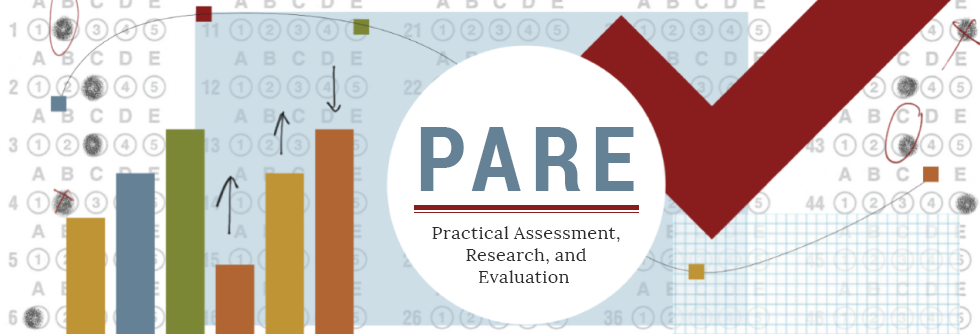Estimating unbiased treatment effects in education using a regression discontinuity design
- William C. Smith
Abstract
The ability of regression discontinuity (RD) designs to provide an unbiased treatment effect while overcoming the ethical concerns plagued by Random Control Trials (RCTs) make it a valuable and useful approach in education evaluation. RD is the only explicitly recognized quasi-experimental approach identified by the Institute of Education Statistics to meet the prerequisites of a causal relationship. Unfortunately, the statistical complexity of the RD design has limited its application in education research. This article provides a less technical introduction to RD for education researchers and practitioners. Using visual analysis to aide conceptual understanding, the article walks readers through the essential steps of a Sharp RD design using hypothetical, but realistic, district intervention data and provides additional resources for further exploration. Accessed 7,566 times on https://pareonline.net from August 03, 2014 to December 31, 2019. For downloads from January 1, 2020 forward, please click on the PlumX Metrics link to the right.
Keywords: Evaluation Methods, Educational Research, Research Methodology, Statistical Analysis
How to Cite:
Smith, W. C., (2014) “Estimating unbiased treatment effects in education using a regression discontinuity design”, Practical Assessment, Research, and Evaluation 19(1): 9. doi: https://doi.org/10.7275/7911-vd52
Downloads:
Download PDF
View PDF
661 Views
107 Downloads
